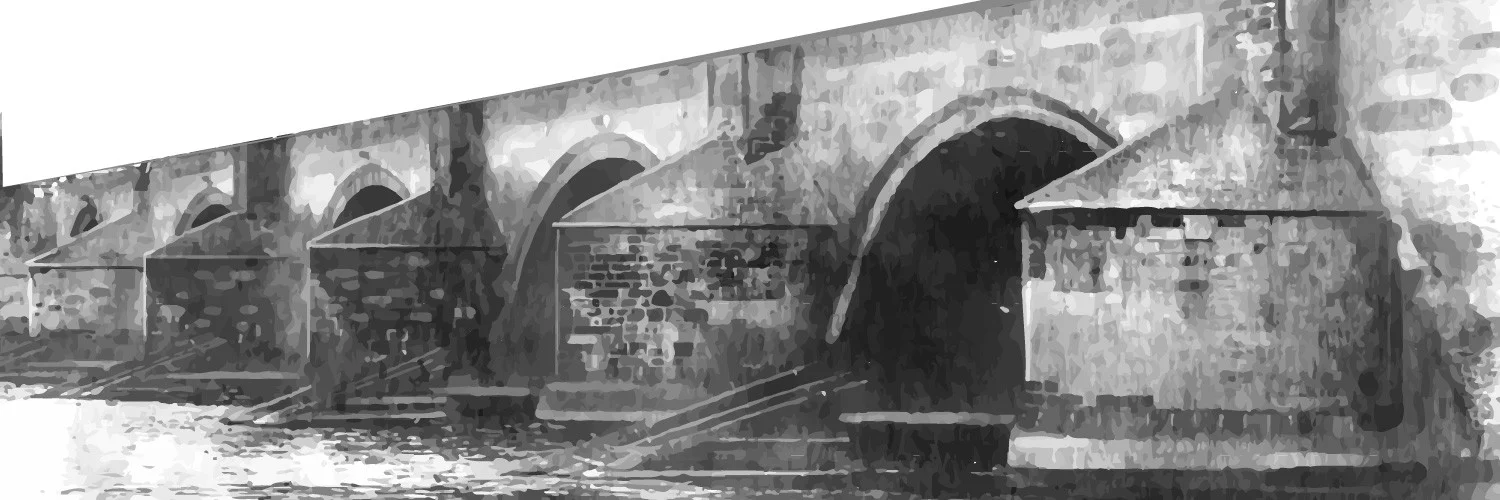"Monday Musings” are designed to get quick, insightful thoughts based around three questions from those interested in strategy, from the most experienced and lauded, to our newest thinkers/writers.
1. Who had the greatest impact on you intellectually (whether through writing, mentorship, etc.)?
My major professor at Kansas State University was Dr. Donald Mrozek. A college professor from my undergraduate years pointed me in the direction of both Kansas State and specifically, Dr. Mrozek. Mrozek is a true renaissance man, equally comfortable talking about the spoken word work of Henry Rollins as he is discussing nuances of the English language. He was exceptionally tough on my writing during graduate school. I still have a copy of the first chapter of my dissertation that he “bled all over” with his pen, front and back, before attaching five typed pages of critiques. There were times when I wondered if I had not made a massive mistake in going to graduate school. However, in the end, and perhaps the greatest compliment I can give, he improved my ability to write coherently.
2. What book (fiction, history, or academic) do you think best explains strategy?
In strategy, there is no end and there is no right answer. As an historian of air power studies, my initial answer is Colin Gray’s Airpower for Strategic Effect; it’s right there in the title. It places the role of air power subordinate to the general theory of strategy. It is also the closest book within reach on my desk. Gray’s “dicta of air power theory” have helped influence much of my writing on operational and tactical air power. Let’s be honest, it’s not the most elegant reading, but for me, one of the most important.
That being said, I’d like to give a shout-out to Thomas Kuhn’s The Structure of Scientific Revolutions. I can no longer hear the phrase “paradigm shift” without thinking of Kuhn, and it has been an enormously influential book for me.
3. What do you want your legacy to be?
I think it’s too early for me to be talking about a legacy; I’m just getting started. I will say, when I wrote my dissertation, I thought I’d never touch it again. When I wrote The Air Force Way of War, I thought it was a single instance. Looking back now, and with two other books, book chapters, and other projects in the works, I hope I’ll leave behind a paper trail that explores and enhances our understanding of what air power can do, what it has done, and what it might be called upon to do in the future. For me, I hope the idea of “leaving something behind” as a legacy is decades down the road.
Brian D. Laslie is deputy command historian at the North American Aerospace Defense Command (NORAD) and United States Northern Command (USNORTHCOM). The views expressed are his own authors and do not reflect the official position of the U.S. Air Force, the Department of Defense, or the U.S. Government.
Have a response or an idea for your own article? Follow the logo below, and you too can contribute to The Bridge:
Enjoy what you just read? Please help spread the word to new readers by sharing it on social media.


